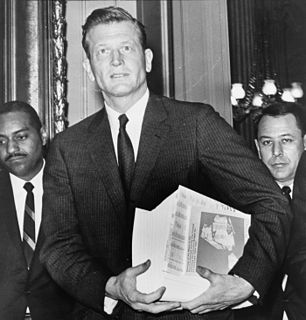A Quote by Michael Brune
Rome wasn't built in a day, and we won't replace fossil fuels with clean energy based on the events of a single week, either. But the important thing to remember is that, once they happen, clean energy victories are irreversible. No one will tear down wind farms because they are nostalgic for fracking in our watersheds. And nobody will pull down their solar panels because they miss having mercury in their tuna or asthma inhalers for their kids. Because once we leave fossil fuels behind, we are never going back.
Quote Topics
Asthma
Back
Based
Because
Behind
Built
Clean
Clean Energy
Day
Down
Either
Energy
Events
Farms
Fossil
Fossil Fuel
Fossil Fuels
Fracking
Fuels
Going
Happen
Having
Important
Important Thing
Irreversible
Kids
Leave
Mercury
Miss
Never
Nobody
Nostalgic
Once
Our
Pull
Remember
Replace
Rome
Single
Solar
Solar Panels
Tear
Thing
Tuna
Victories
Watersheds
Week
Will
Wind
Wind Farms
Related Quotes
In reality, Republicans have long been at war with clean energy. They have ridiculed investments in solar and wind power, bashed energy-efficiency standards, attacked state moves to promote renewable energy and championed laws that would enshrine taxpayer subsidies for fossil fuels while stripping them from wind and solar.
And in the process, we have come up with fuels - algae-based fuels, isobutanol-based fuels and other fuels - that we think will power the planes in the future so that, you know, by 2020 I hope that our planes will be powered on fuels that are clean fuels and are not polluting the environment so that we'll have a green airline and an airline that actually has fuels that will be hopefully cheaper than the dirty fuels of the past. So [we're] doing good and also turning a profit at the same time.
































